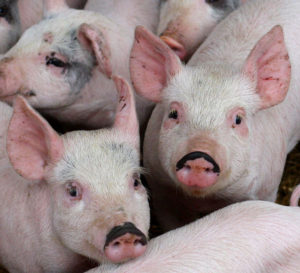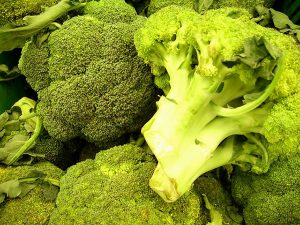Tag
food
-
Study shows food insecurity still common among many older adults
Food insecurity — when people lack access to food or go hungry due to poverty or other challenges — remains…

-
Webcast: Older adults and food insecurity during COVID-19
Long before the novel coronavirus ever surfaced, millions of older adults struggled with food insecurity. The COVID-19 pandemic has further…

-
Deregulation of pork production highlights need to cover food safety
In late September 2019, the U.S. Department of Agriculture finalized rules to deregulate the safety inspection process in pork production…

-
Research praising red meat is like … red meat for the masses: These studies need extra scrutiny
“Too much red meat can cause cancer.” It’s a depressing statement for the bacon and beef lovers out there, but…

-
Vitamin K deficiency linked to risk of mobility loss in older adults
Here’s another reason to eat your broccoli: It’s a great source of Vitamin K that may help decrease the risk…

-
HIDI highlights inherent challenges when reporting on vulnerable adults
People do what they must to survive, says the subject of a story by Lisa Gillespie, health reporter at NPR…

-
Food insecurity: Especially for older adults, it’s about more than hunger
Food insecurity — lack of consistent access to enough food for an active, healthy life — is a serious and…

-
P-hacking, self-plagiarism concerns plague news-friendly nutrition lab
Some of the most difficult research to make sense of comes from nutrition science. It is difficult, expensive and labor-intensive…

-
BBC piece on vitamin research a great example of engaging explanatory journalism
Anyone who has covered medical research for a while knows how fraught it can be to report on vitamin supplements…








